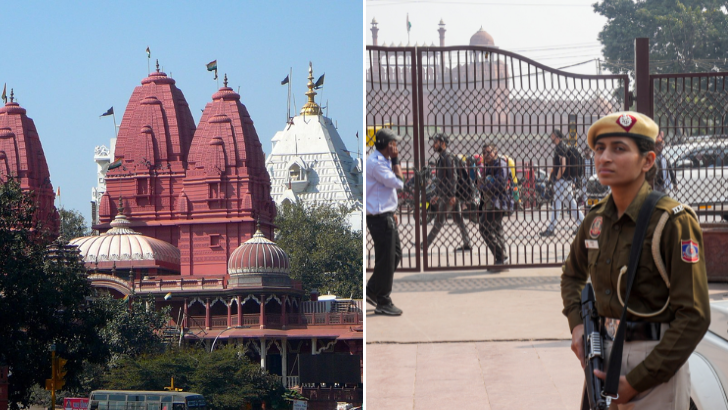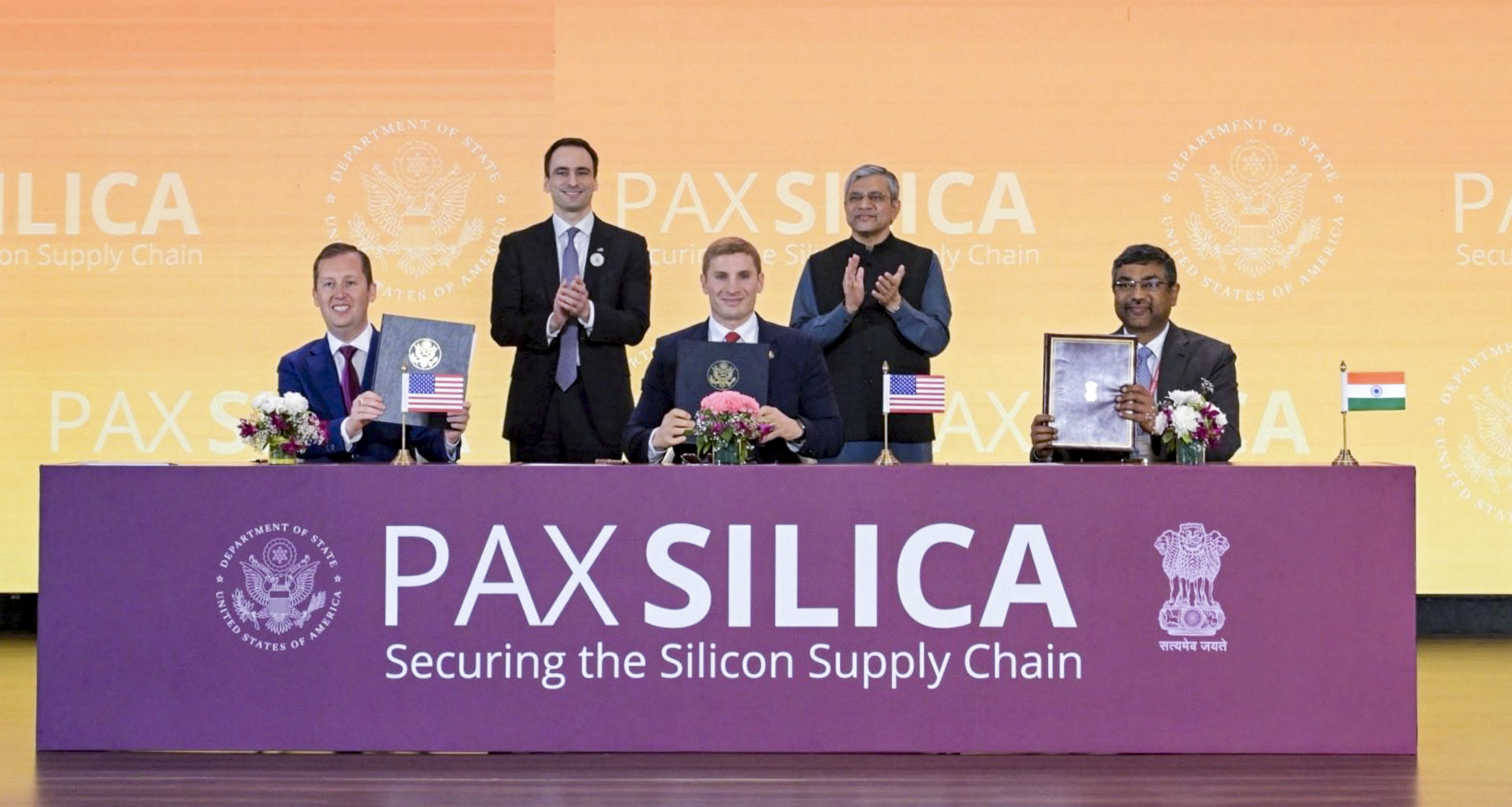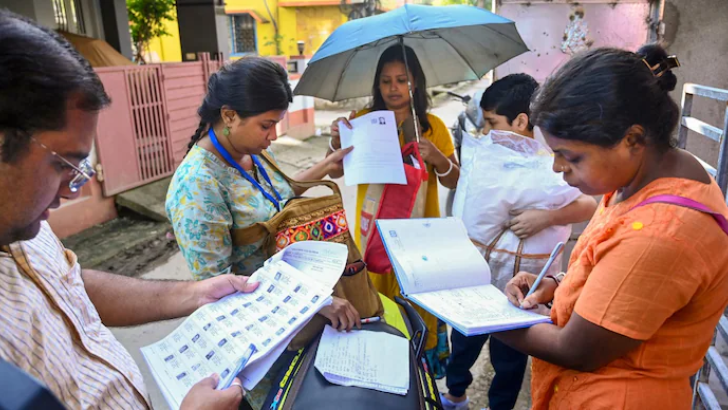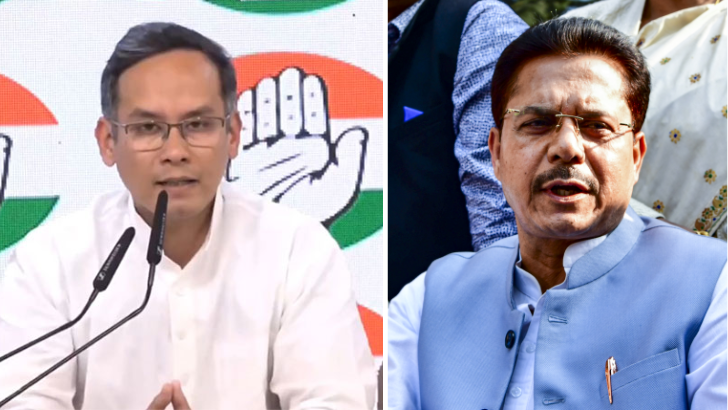Motor Vehicle Tax shouldn't be levied if the vehicle is not used in 'public place': SC
The court ruled that vehicles confined within private industrial premises like RINL cannot be taxed, as no public infrastructure is utilised during such use.
PTI
-
The bench said the taxable event under section 3 is when a vehicle is used or kept for use in a 'public place' in the state
New Delhi, 31 Aug
Motor vehicle tax is compensatory in nature, and if a vehicle is not used or not kept for use in a 'public place', then its owner should not be burdened with motor vehicle tax for such period, the Supreme Court has said.
A bench of Justices Manoj Misra and Ujjal Bhuyan delivered its verdict on an appeal challenging a December 2024 judgement of the Andhra Pradesh High Court.
"Motor vehicle tax is compensatory in nature. It has a direct nexus with the end use. The rationale for levy of motor vehicle tax is that a person who is using public infrastructure, such as, roads, highways etc. has to pay for such usage," the apex court said.
Referring to section 3 of The Andhra Pradesh Motor Vehicle Taxation Act, 1963, the bench said the legislature has consciously used the expression 'public place' in this provision.
Section 3 of the Act deals with the levy of tax on motor vehicles.
"If a motor vehicle is not used in a 'public place' or not kept for use in a 'public place' then the person concerned is not deriving benefit from the public infrastructure; therefore, he should not be burdened with the motor vehicle tax for such period," the top court said in its judgment delivered on August 29.
It said section 3 of the Act is the charging provision and it authorises the state government to impose tax on motor vehicles.
The bench said the taxable event under section 3 is when a vehicle is used or kept for use in a 'public place' in the state.
"Therefore, the tax is on the user or intendment for use of motor vehicle in a 'public place'. Thus, if a vehicle is actually used in a 'public place' or kept in such a way that it is intended to be used in a 'public place', then the tax liability accrues," it said.
The top court said that when admitted, the motor vehicles of the appellant firm in this case were confined for use within the Rashtriya Ispat Nigam Limited (RINL) premises, which is a closed area, then the question of the vehicles being used or kept for being used in a 'public place' does not arise.
The bench said in this case, the motor vehicles in question were used or kept for use only within the restricted premises of RINL, which was not a 'public place'.
"Therefore, the said vehicles are not liable to be taxed for the period the said vehicles were used or kept for use within the restricted premises of RINL," it said, while allowing the appeal.
The bench delivered its verdict on an appeal filed by a firm engaged in the business of providing logistic support since 1985.
It noted the firm was awarded a contract in November 2020 for handling and storage of iron and steel materials at the central dispatch yard within Visakhapatnam Steel Plant, Andhra Pradesh, a corporate entity of RINL.
The bench said the company deployed 36 motor vehicles for plying within the central dispatch yard premises.
The firm told the apex court that the central dispatch yard was enclosed by compound walls and ingress and egress was regulated through gates where Central Industrial Security Force (CISF) personnel were deployed and no member of public has any right to access it.
The issue arose after the firm requested the Andhra Pradesh authority for exemption from payment of motor vehicle tax for the period its vehicles were confined and used within the central dispatch yard premises.
The bench noted this request was made in terms of section 3 of the 1963 Act.
Later, the matter reached the high court where a single judge held that the firm was plying its vehicles within the central dispatch yard which is not a 'public place'.
The single judge directed the state authorities to refund Rs 22,71,700 to the company.
Thereafter, the authorities challenged the order before a division bench which set aside the single judge's order.
Leave a Reply
Your email address will not be published. Required fields are marked *








.png)











